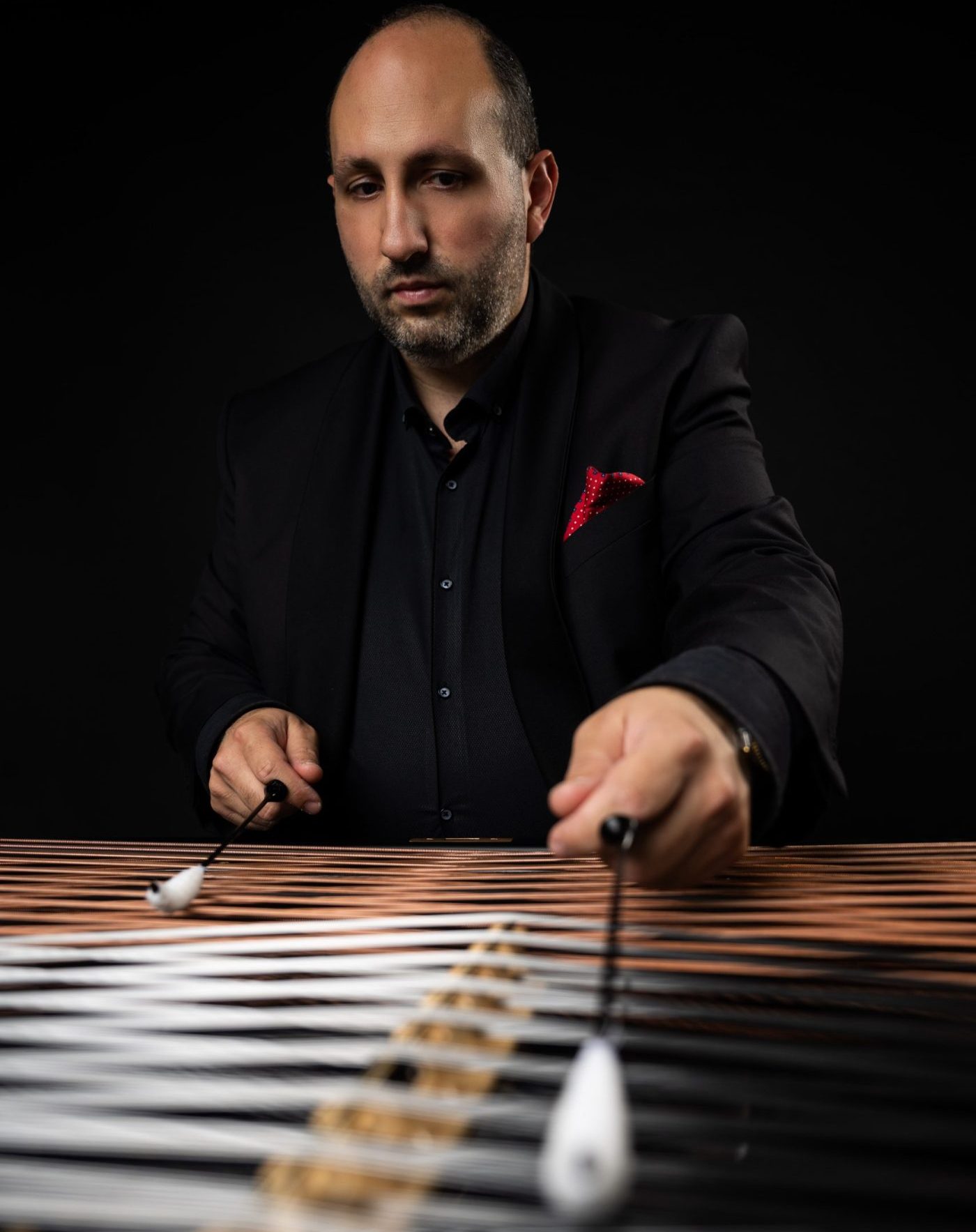
- By Vivek Panchal, AUT Journalism Student
Have you ever heard about the cimbalom instrument?
For music enthusiasts, the Embassy of Hungary and Auckland Hungarian Club are organising Hungarian Rhapsodies, a one-off concert featuring their national instrument.
Hungarian musician Jenő Lisztes returns to the Auckland Town Hall for a solo performance on November 5, after he played there in 2022, leaving audience members wanting more.
Lisztes’ set tomorrow Tuesday will be divided into two parts: The first half being new takes on classical pieces, while the second half will have musical works from his own compositions incorporating jazz and folk.
Howick resident Agnes Harmath will accompany Lisztes on the flute in a special piece which will be based on Hungarian folk songs from the region Agnes is originally from.
“I’m honoured and absolutely excited to perform with him,” says Harmath.
“He’s a world-class international artist and just the best cimbalom player I’ve heard, so it’s absolutely an honour to play with him.”

Lisztes, born into a Hungarian musical family that spans generations, started his music journey at the age of four.
“Many people only associate the cimbalom with gypsy music in restaurants or with traditional folk music, but my goal is to present it across a variety of genres – usually four or five different styles,” he says.
“I want to highlight the cimbalom’s many faces and show that it’s a vibrant and colourful instrument capable of evoking a wide range of emotions and musical expressions.”
Harmath teaches flute in various schools in the east Auckland area is also a member of the Manukau Symphony Orchestra and the Auckland Philharmonia and has won multiple awards in New Zealand, Australia and Italy.
“They’re very excited that someone of such calibre is coming from Hungary to showcase what this instrument can do, and just to showcase more of our culture to everyone to see,” Harmath says, describing the feelings of the Hungarian community in Auckland.
The Auckland Philharmonia commissioned a cimbalom in 2022, ending the need to borrow one and making it a rare instrument in its collection, she says.











